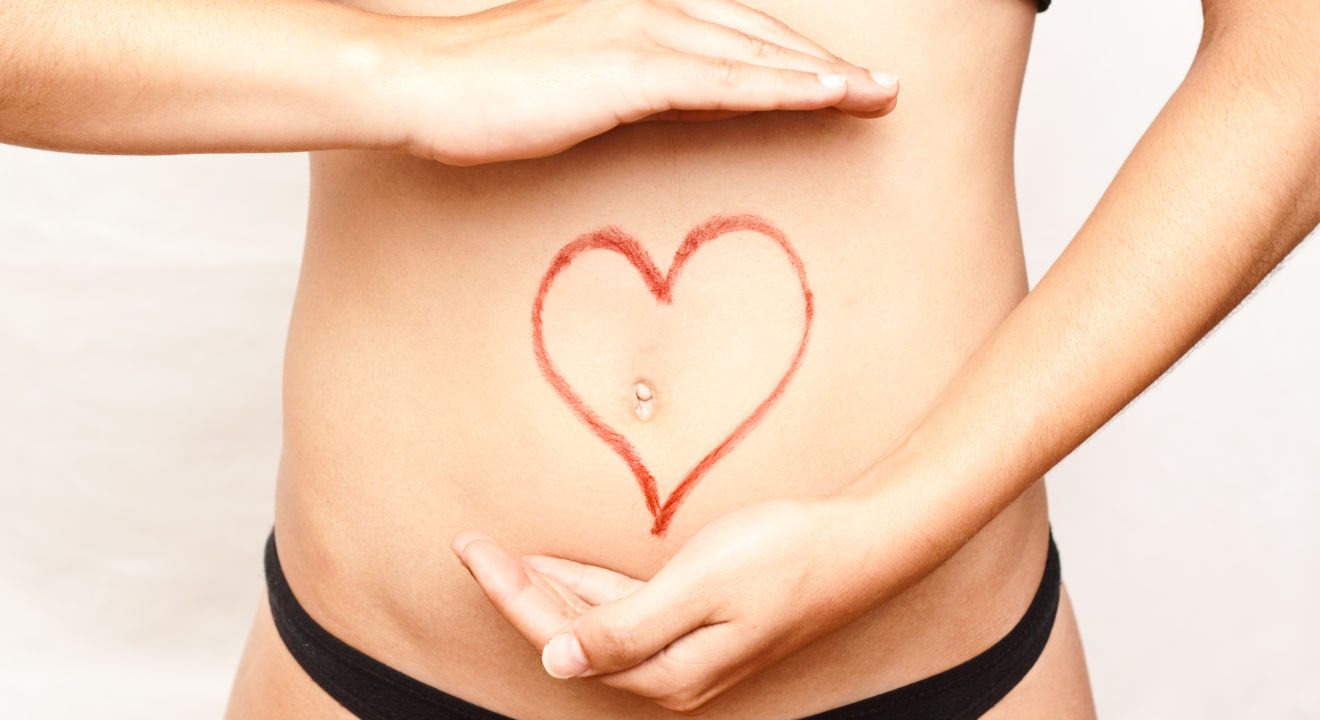Relationships April 8, 2017


You may want to pay close attention to your diet, especially if you’re one of the 60 to 70 million people who’ve been diagnosed, treated or hospitalized for a digestive disease.
The human gut flora (also called the microbiome) is an evolving system that can be altered according to the food we eat. We also have approximately over one hundred times more bacterial DNA in our body than we have human DNA, according to Dr. Walter Coyle, a gastroenterologist from Scripps Green College. In fact, only ten percent of diseases originate from our genes. So before you go blaming all your abdominal pain, bloating and diarrhea on your bad genes, check out these helpful solutions to all the problems you’re too embarrassed to ask about.
Use Dr. Coyle’s handy tips to help you cultivate a healthier intestinal system.
If you consume a diet high in FODMAPs, this means you’re receiving a high intake of carbohydrates and fibers. Fiber allows you to have regular bowel movements and helps control your blood sugar levels. The downside is that you’re more likely to experience some rather painful side effects. Dr. Coyle says that “eating high fibrous foods will feed the bacteria in your gut, and in return, cause gassiness and bloating.” As a result, he places patients on a strict no-FODMAPs diet to eliminate their symptoms.
Here’s a list of FODMAPs that could be the cause of irritation within your digestive system:
The main problem with eliminating FODMAPs is that it’s not sustainable. Our bodies need fiber and carbohydrates, so Dr. Coyle instructs patients to slowly introduce these foods back into their diet. This helps them figure out which ones cause a reaction in their body.
The elimination process is especially important to those who may be lactose intolerance. This occurs when people do not produce enough of an enzyme called lactase which helps their bodies digest milk. So when a lactose intolerant person drinks milk, their bacteria feeds on the sugar in lactose, causing irritation to the colon and stomach.
Save yourself more pain and trouble by avoiding FODMAPs for a short time. Then you can slowly adding fibers and certain carbohydrates back to your plate.
When you’re taking a break with FODMAPs, Dr. Coyle highly recommends eating mediterranean-based foods. These include lean chicken, vegetables, fruits, some pasta and dishes rich in fish oil and olive oil, omega 3 fatty acids. “But not too much pasta,” he advises. As you can see, fruits and vegetables are the most abundant on the chart.
Most people might be surprised to know that chewing gum can actually cause bloating. This is because you can swallow and trap air in your stomach. Bacteria also feeds on the sugar substitutes in many gums, causing excess gas, bloating and diarrhea. Dr. Coyle suggests eliminating gum as well as caffeine and energy drinks from your diet. This is because they stimulate the gut, causing bloating, acid reflux and gas.
Probiotics are good bacteria that help keep your digestive system healthy by controlling the growth of harmful bacteria. Prebiotics, on the other hand, are carbohydrates that act as food sources for probiotics. When combined, they create a synbiotic which consists of live bacteria found in fermented dairy products like yogurt.
While probiotics, prebiotics and synbiotics are all commonly known to treat bacteria in the gut, these supplements may also be used to treat the 75 percent of women who suffer from chronic urinary tract infections. You’re probably familiar with using over-the-counter creams such as Vagisil or Monistat to help treat any painful itching, soreness, or burning coming from your nether regions. But who wants to wait to treat symptoms when you can prevent them altogether? Specific strains of Lactobacilli found in probiotic supplements and plain yogurt help to inhibit harmful bacteria growth. They also restore your body with healthy vaginal flora to protect and prevent further infections.
Although probiotics can help, they aren’t a quick fix for your gastrointestinal pain because, according to Dr. Coyle, “They are not as strong of an influence as we’d like” since not all probiotics are the same, nor do they all have the same effect in the body. He also mentions that we still don’t know what make up the core microbiome (or microorganisms) within our gut system. But once we figure out what the most important bacteria within our gut are, then we have to figure out how to deliver it to our stomach.
What we do know is that many health-related issues can be traced back to the microbial bacteria located within our intestines, including some mental health disorders. This can also be referred to as the gut-brain connection.
New research has also found that gut microbiome plays a significant role in mental health. Our gut can influence our anxiety levels, energy levels, sleeping patterns and overall mood. Gastrointestinal abnormalities have also been linked to autism and hyperactivity, according to a study published in the Harvard Review of Psychiatry. The study observed an altered intestinal microbiota within autistic individuals. The significance of these findings help support the notion that gut bacteria is linked to mood and immunity as well as nerve transmitters in the brain.
The hope is that one day, scientists and doctors can use microbes to diagnose neurodevelopmental disorders and treat mental illnesses. But until then, it’s important to remember that you can take control over your intestinal health.
RELATED: The Surprising Facts Behind a Truly Sustainable Diet